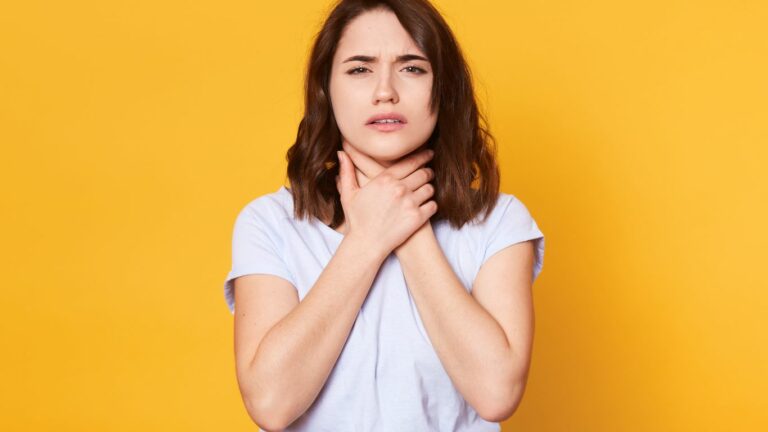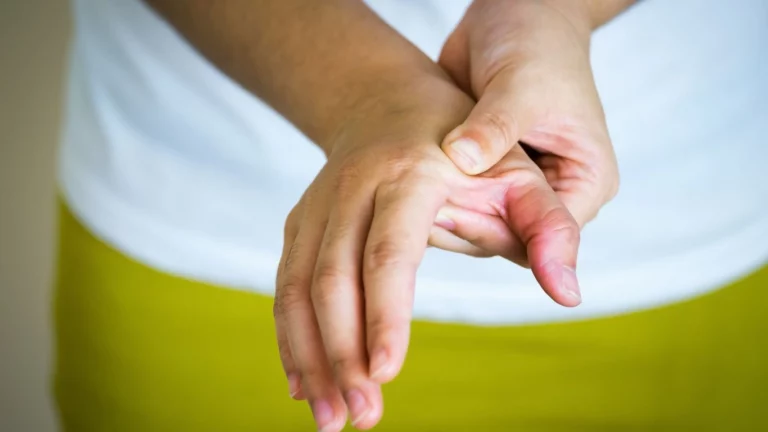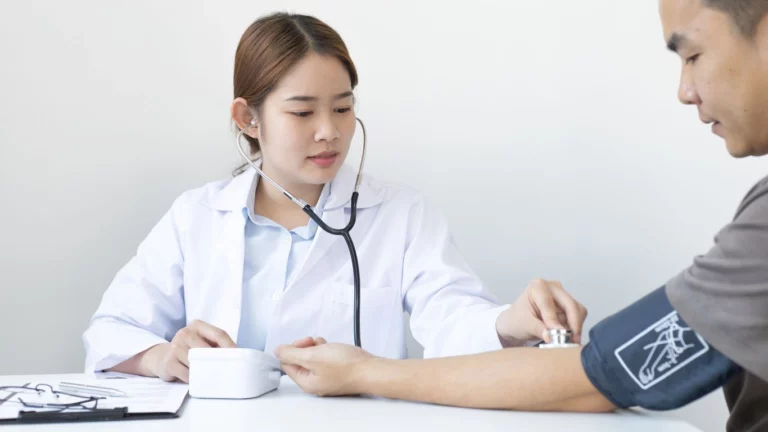How GERD Causes Stomach Bloating: Comprehensive Insights
Have you ever wondered why GERD often makes your stomach feel bloated? You’re not alone! GERD and bloating can often go hand-in-hand, making life uncomfortable. Let’s dive deep into the relationship between GERD and stomach bloating and explore how you can manage these symptoms effectively.
What Is GERD and How Does It Work?
Gastroesophageal Reflux Disease (GERD) is a chronic digestive condition where stomach acid frequently flows back into the esophagus. This backward flow, or reflux, irritates the lining of your esophagus, causing symptoms like heartburn, regurgitation, and sometimes chest pain. But GERD doesn’t just stop there—it often leads to other symptoms, including stomach bloating. 
Why Does GERD Cause Stomach Bloating?
Bloating is a sensation of fullness or tightness in the abdomen that can be uncomfortable or even painful. But why does GERD cause bloating? The primary reasons include:
1. Swallowed Air
When acid reflux occurs, people often swallow more air as they attempt to soothe the discomfort. This can lead to trapped gas in the stomach, contributing to bloating.
2. Delayed Stomach Emptying
GERD is sometimes associated with delayed gastric emptying, where food and stomach contents take longer to pass into the intestines. This delay can lead to a buildup of gas and bloating.
3. Weak Lower Esophageal Sphincter (LES)
A weak LES, the muscle responsible for preventing reflux, can allow not just acid but also gas to flow back, causing sensations of fullness and discomfort. 
Common Symptoms of GERD-Related Bloating
Bloating caused by GERD often comes with other symptoms, such as: – Excessive burping or belching – Abdominal discomfort or pain – A tight or swollen feeling in the belly – Early satiety (feeling full quickly)
How to Relieve GERD-Related Bloating
Thankfully, there are ways to manage GERD-related bloating. Here are some tips:
1. Adjust Your Diet
Avoid foods that trigger acid reflux, such as spicy, fatty, or acidic items. Opt for smaller, more frequent meals instead of large portions.
2. Practice Good Posture
Sitting upright during and after meals can help minimize reflux and bloating by keeping stomach contents in place.
3. Incorporate Light Exercise
Gentle activities like walking after a meal can promote digestion and reduce bloating. 
When to See a Doctor
While occasional bloating might be manageable, persistent or severe bloating, especially when accompanied by other GERD symptoms, warrants medical attention. Consult your doctor if you experience: – Unintended weight loss – Severe or constant abdominal pain – Difficulty swallowing 
Conclusion
GERD-related stomach bloating can be frustrating, but understanding its causes and managing your symptoms effectively can make a big difference. With proper dietary changes, lifestyle adjustments, and medical support when needed, you can regain control and find relief.
Appendices
FAQs
- Can GERD cause bloating without heartburn? Yes, GERD can cause bloating even without classic heartburn symptoms, as bloating results from mechanisms like swallowed air and delayed gastric emptying.
- What foods should I avoid to reduce GERD-related bloating? Avoid trigger foods like citrus, chocolate, caffeine, alcohol, and high-fat or spicy meals.
- Can lifestyle changes alone relieve GERD-related bloating? In many cases, dietary and lifestyle adjustments significantly reduce symptoms, but severe cases may require medical treatment.
- Is bloating always a sign of GERD? No, bloating can result from various conditions, including IBS, lactose intolerance, or overeating. It’s essential to identify the underlying cause with a healthcare provider.
- Can GERD bloating lead to other complications? If untreated, GERD-related bloating and reflux can cause esophageal damage or worsen into more severe digestive issues.
References
- National Institute of Diabetes and Digestive and Kidney Diseases (NIDDK). (2024). Gastroesophageal Reflux Disease. Read More
- American Gastroenterological Association (AGA). (2023). Understanding GERD and Its Symptoms. Learn More
- Smith, J., & Roberts, L. (2021). Digestive Health and Reflux Management. Journal of Gastrointestinal Disorders, 45(6), 345-350. Read Study
Disclaimer
Disclaimer: This article is for informational purposes only and does not replace professional medical advice. Consult a healthcare provider for personalized guidance on GERD and bloating symptoms.

Camellia Wulansari is a dedicated Medical Assistant at a local clinic and a passionate health writer at Healthusias.com. With years of hands-on experience in patient care and a deep interest in preventive medicine, she bridges the gap between clinical knowledge and accessible health information. Camellia specializes in writing about digestive health, chronic conditions like GERD and hypertension, respiratory issues, and autoimmune diseases, aiming to empower readers with practical, easy-to-understand insights. When she’s not assisting patients or writing, you’ll find her enjoying quiet mornings with coffee and a medical journal in hand—or jamming to her favorite metal band, Lamb of God.







